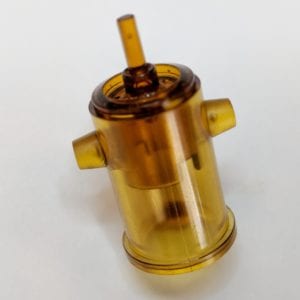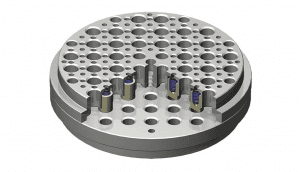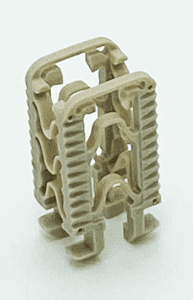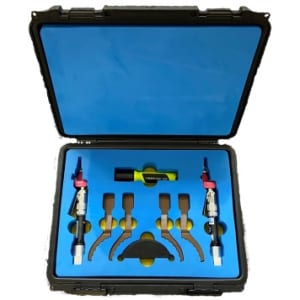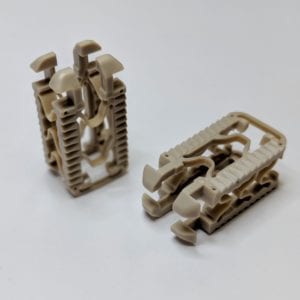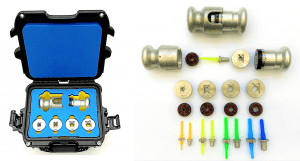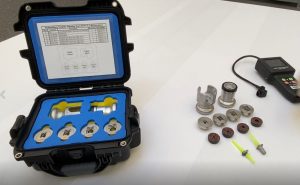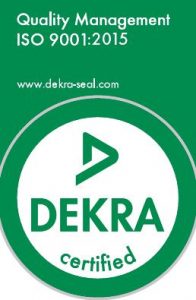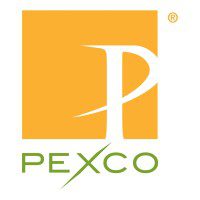
Diabetes care has seen several innovations through the years. One of the most important developments is the insulin pump, which for many patients provides an option to the traditional needle and syringe approach to insulin injections. Insulin pumps are small, computerized devices that are about the size of a small cell phone. Insulin pumps deliver doses of insulin, the hormone that regulates blood sugar, on a pre-programmed schedule.
High performance polymers have enabled medical device manufacturers to go beyond the functionality of ordinary plastic materials to develop innovative devices for treating diabetic patients. Resins such as FEP and PFA fluoropolymers are chemically resistant resin with outstanding properties and are currently used in numerous healthcare applications. Physical properties of resins such as high tensile strength, dimensional stability, excellent friction and wear characteristics and the ability to replicate fine features are important advantages as parts become smaller and thinner.
In developing new and advanced insulin delivery devices, resins offer unique advantages and have expanded the possibilities for innovative design and manufacturing. Medical grade fluoropolymers, such as FEP and PFA allow for the miniaturization of device components without the constraints of glass or ordinary plastic materials. With these capabilities, designers can now expand design performance and possibilities. Fine detail replication resulting from the material’s high flow and excellent dimensional stability properties position resins as an excellent material for lightweight and compact precision delivery devices.
Device components such as insulin storage require the use of a proven polymer materials. In addition to compatibility with insulin, purity and very low levels of leaching, resins provide excellent moisture barriers and extremely low water absorption, both necessary properties for optimal long-term drug container storage. These resins are also FDA approved and are compatible with all conventional sterilization methods from gamma to steam.
In future insulin delivery systems, the use of FEP and PFA resin components for various parts of the device will continue to rise. With the advantages engineering polymers offer for design innovation and performance, resins will continue to be the material of choice for delivery applications.
At Performance Plastics, we are experts in injection molding, specializing in high performance plastics. Our proprietary tool design software, processes and equipment enable us to injection mold components having complex geometries made from challenging ultra, high-performance thermoplastic materials, and reinforced compounds. For more information on Performance Plastic’s capabilities, please contact Rich Reed, Vice President of Sales, and Marketing at 513.321.8404 or email at [email protected].


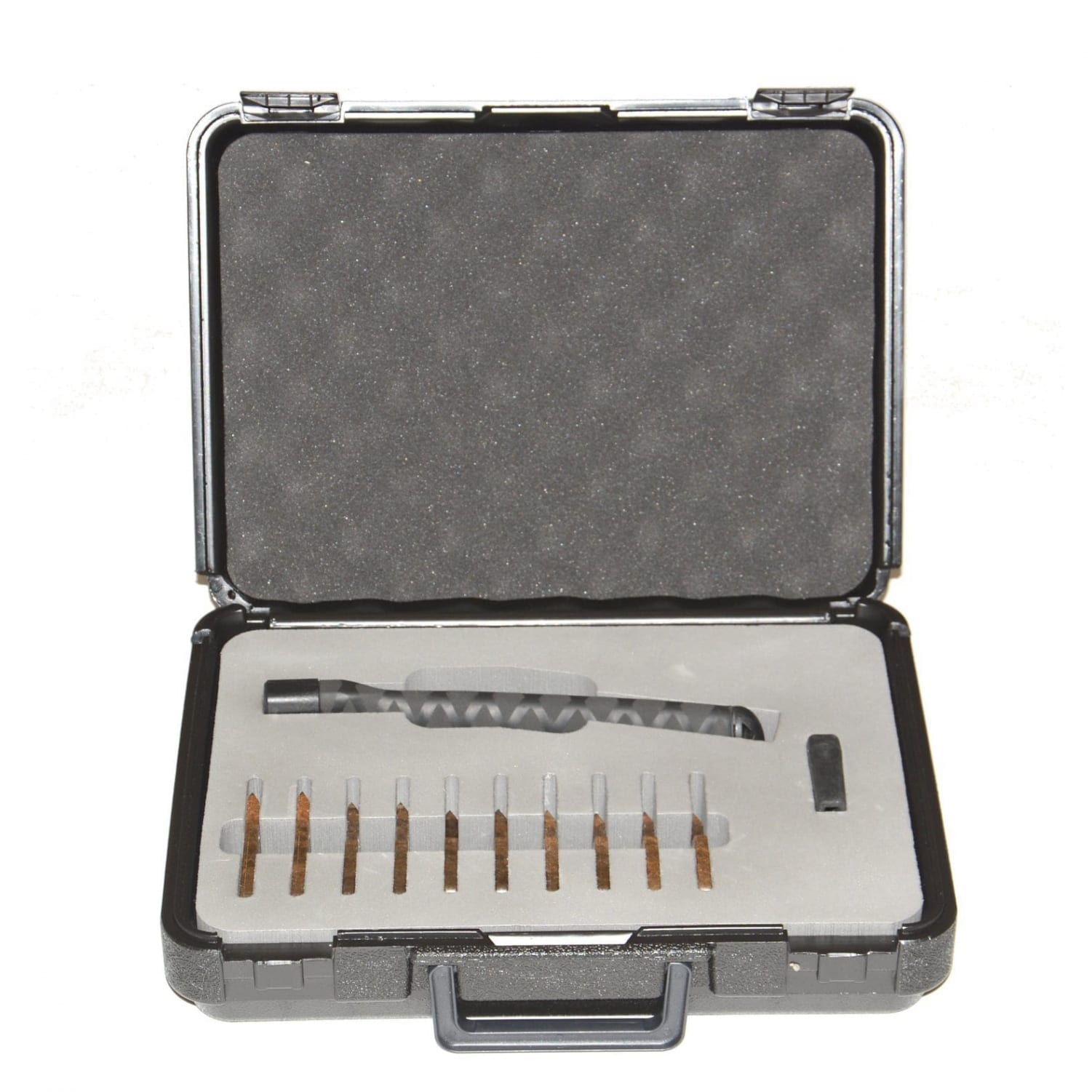 EnduroSharp® has changed the way aerospace maintenance professionals remove sealants and adhesives from substrates and fasteners. EnduroSharp® tools are made from Torlon®, a high strength polymer, creating a non-metallic scraper tool that will not damage composite structures during use. The EnduroSharp® lineup consists of a variety of scraper blades, gap blades, reamers, cutter, bits, and discs for removal of adhesives on aircrafts. The product line even consists of kits containing all of the parts and sizes that you will need.
EnduroSharp® has changed the way aerospace maintenance professionals remove sealants and adhesives from substrates and fasteners. EnduroSharp® tools are made from Torlon®, a high strength polymer, creating a non-metallic scraper tool that will not damage composite structures during use. The EnduroSharp® lineup consists of a variety of scraper blades, gap blades, reamers, cutter, bits, and discs for removal of adhesives on aircrafts. The product line even consists of kits containing all of the parts and sizes that you will need.